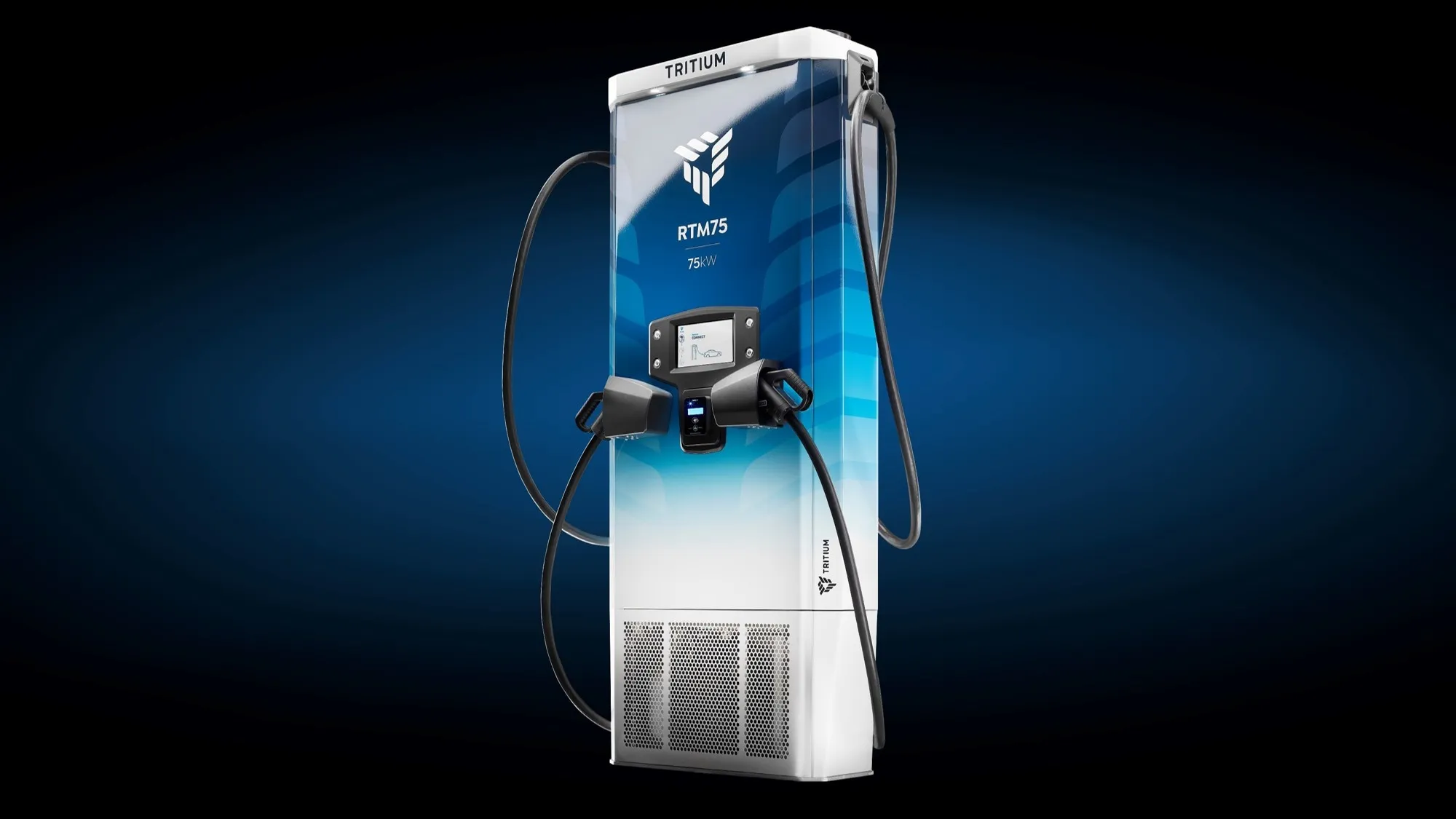Founder and managing director of %$Linker:
EV charger manufacturer, Brisbane-based
According to West, “EVs are perfect for New Zealand; our electricity generation is 80 per cent renewable and fossil fuels are expensive to export to a relatively isolated Pacific island nation. New Zealand currently has only around 250 pure EVs, but second-hand vehicles, particularly from Japan, are becoming available at a very reasonable price and as we roll out the fast-charging network, I anticipate we will see a rapid uptake in the country.”
Tritium’s commercial director, Paul Sernia comments, “Steve West is a true evangelist for the benefits of EVs. He’s an enthusiastic EV owner and driver himself and has a real vision of the benefits this fast-charging network could bring to New Zealand.”
New Zealand entrepreneur to build country’s first fast-charging network
Founder and managing director of Charge.net.nz, Steve West, aims to build New Zealand’s first electric vehicle (EV) charging network. He claims to have identified 75 sites across the country and plans to have fast chargers installed on all of them by the end of 2017.
May 26, 2015
Read time: 2 mins







